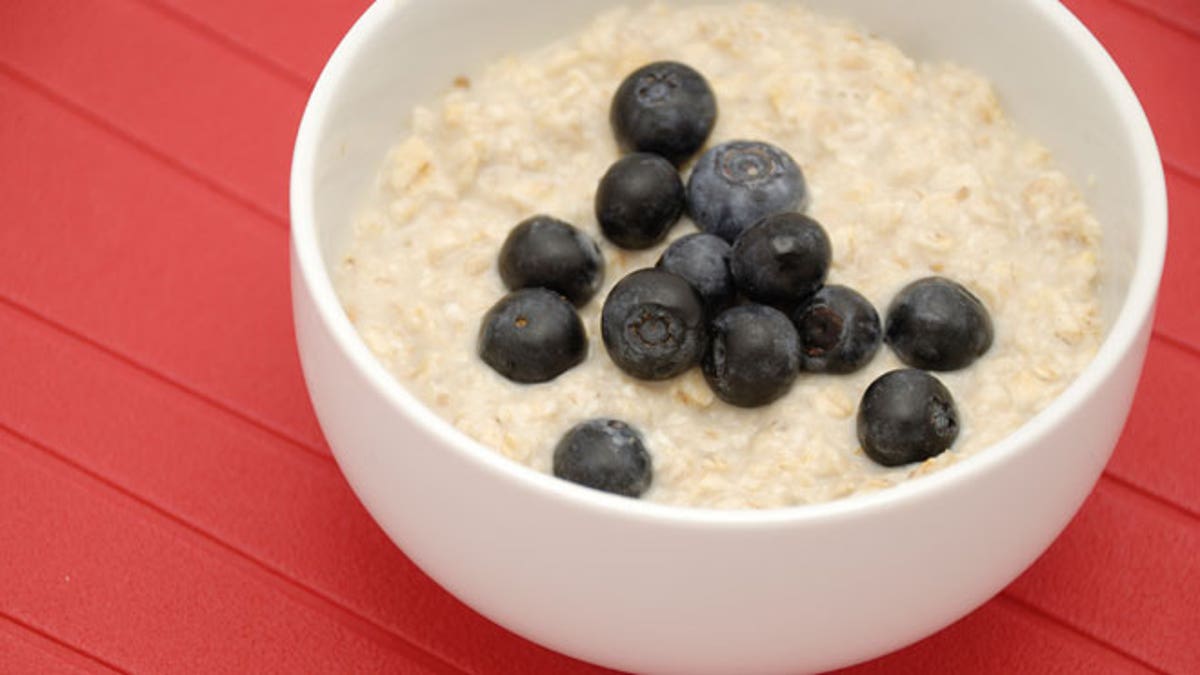
In the fight against weight gain, when you eat might be as important as what you eat.
The holiday season and weight gain trends this time of year often direct focus to specific foods to eat in order to maintain weight. Questions regarding how often to eat are largely ignored.
Cultural influences suggest three meals per day is ideal, but no substantial evidence exists to support this eating pattern. Eating frequency is fundamental to how we nourish ourselves. An increasing number of studies suggest more frequent eating may support energy regulation, digestion, absorption and feelings of satiety for weight loss and weight maintenance.
Eat more often to lose the hunger
Consistent eating may decrease appetite and reduce the total amount consumed over the course of each day. Gastric emptying, or the process of food leaving the stomach, has long been considered a major controller of hunger. This process has been shown to be slower in individuals who consume six meals per day. Increasing the number of times we eat can increase feelings of fullness, which supports weight loss. Evidence shows that risk of obesity is lower in people who eat four or more meals per day.
Improved quality
The central pillar of weight loss is healthy eating. The amount and quality of nutrients we have in our body plays a huge role in how we eat and determines food choices. Research suggests that frequent eating increases intake of Vitamin A and E, calcium, folate, potassium, magnesium and fiber.
Eat to fuel your lifestyle.
Finding a middle ground between overindulgence and starvation is the key. Eating provides the energy to fuel an active lifestyle. Avoiding snacks for weight loss might be counterproductive as it may negatively impact energy levels.
Stop eating after 8 p.m.
Did your Mom ever tell you “Breakfast like a king, lunch like a prince, dine like a pauper?” She was right. Eating throughout the day holds great potential for weight loss. Eating a greater proportion of your allotted calories earlier in the day might help even further. Eating a later last meal and eating closer to sleep has been associated with greater caloric intake and reduced satisfaction.
Keep calories the same
More frequent eating does not suggest eating more calories. Overall intake remains the same while distribution changes. If three meals provide 2,000 calories per day, disperse that intake over 4-6 smaller mini-meals.
We encourage a combination of lean protein and fiber and never skipping a meal or snack. To optimize your weight, energy balance and health this season, keep in mind what you eat as well as when you eat.
For more tips on healthy eating, drinking and losing weight, and for delicious high fiber meal plans and recipes, check out my latest book,The Miracle Carb Diet: Make Calories and Fat Disappear – with Fiber!
Tanya Zuckerbrot MS, RD, is a registered dietitian in New York City and the author of two bestselling diet books: The Miracle Carb Diet: Make Calories and Fat Disappear – with fiber and The F-Factor Diet. Follow Tanya on Facebook, Twitter and LinkedIn
Tanya Zuckerbrot MS, RD, is a Registered Dietitian in New York City and the author of two bestselling diet books: The F-Factor Diet and The Miracle Carb Diet: Make Calories and Fat Disappear – with Fiber.
Subscribe to Tanya’s FREE Weekly Newsletter and follow her on Instagram, Facebook, Twitter and Pinterest. To learn more about Tanya’s private nutrition counseling services visit www.ffactor.com.
